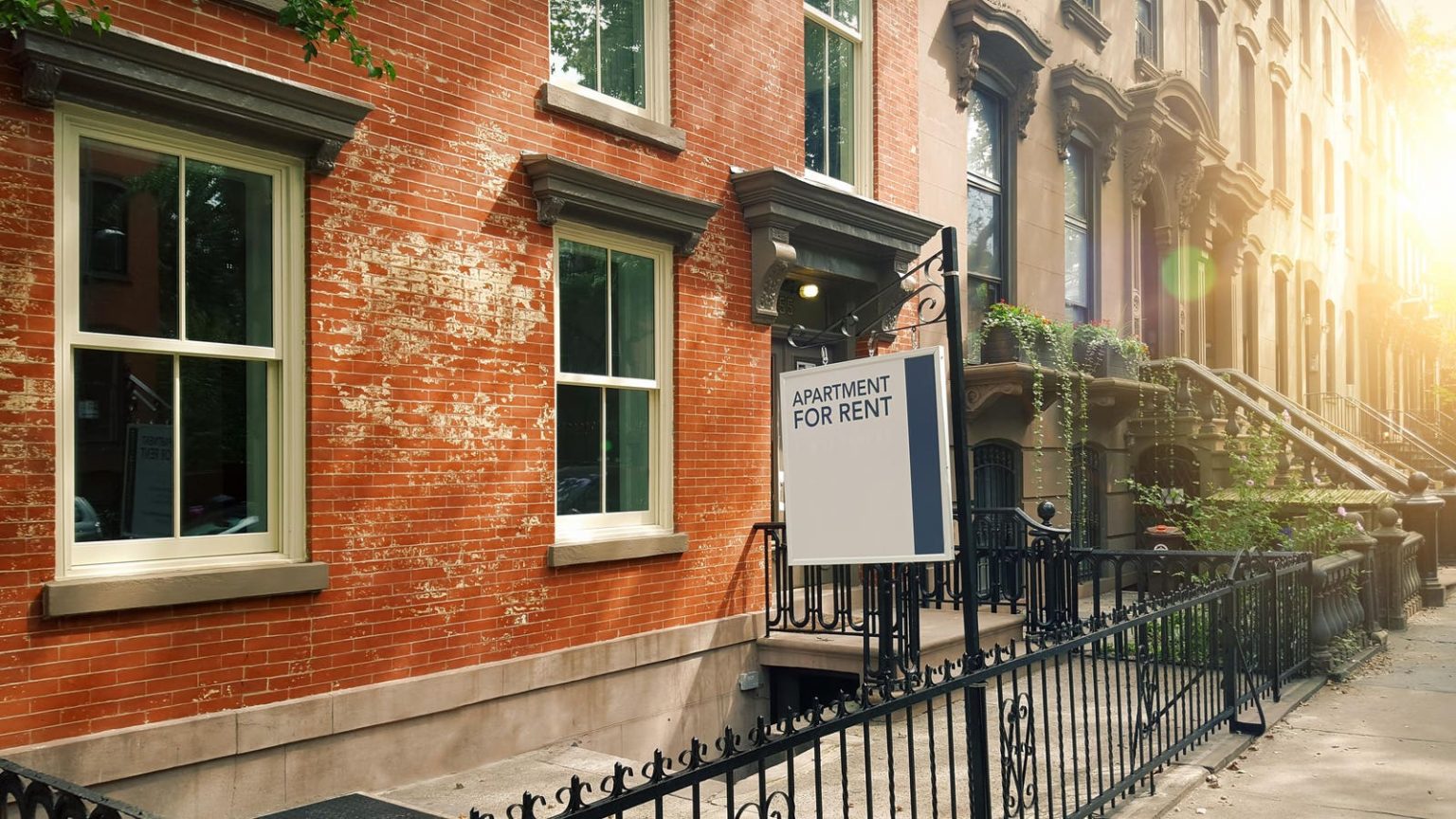In 2023, New York City enforced Local Law 18, which introduced strict regulations on short-term rentals, including requiring hosts to be present during guest stays and limiting the number of guests to two. This law also prohibits booking platforms like Airbnb from processing transactions for unregistered short-term rentals. As a result, some property owners have turned to risky alternatives, such as the rental black market, where properties are rented without proper documentation or oversight.
Sergii Starostin, the co-founder and CEO of Outpost Club, a real estate technology platform, has been deeply involved in the New York real estate market for over eight years. In response to the evolving rental landscape, Starostin offers tips for landlords looking to adapt to these changes. Despite the allure of the rental black market, opting for legal options for renting out apartments is crucial to avoid risks such as property damage, theft, or legal repercussions.
Short-term rentals can offer advantages such as maximizing profits during peak tourist seasons, adjusting rental rates promptly, and providing flexibility for landlords. However, they also come with risks such as potential apartment damage, fluctuating income, and vulnerability to external disruptions like the Covid-19 pandemic. Landlords need to comply with regulations under Local Law 18, which includes registering with the city of New York and abiding by specific rules to avoid fines up to $5,000.
Long-term rentals present another opportunity for landlords, with approximately 69% of New York residents renting their homes. Offering co-living options, where tenants have their own private bedroom but share common areas, can be a popular choice among millennials and Gen Zs. Leveraging modern technologies for remote management, such as digital intercoms and locks, can help streamline processes and detect issues early on. Creating a 3D model of the unit and utilizing online platforms for rental applications can also improve tenant searches.
In conclusion, landlords in New York have options for both short-term and long-term rentals in response to Local Law 18. Long-term rental options can provide stability and tenant reliability, while short-term rental options can cater to the surge in vacationers in the city. Adapting swiftly and staying compliant with regulations is essential for landlords to navigate the evolving rental market successfully. Through a combination of legal compliance, technological innovation, and strategic planning, landlords can optimize their rental properties in New York City.













